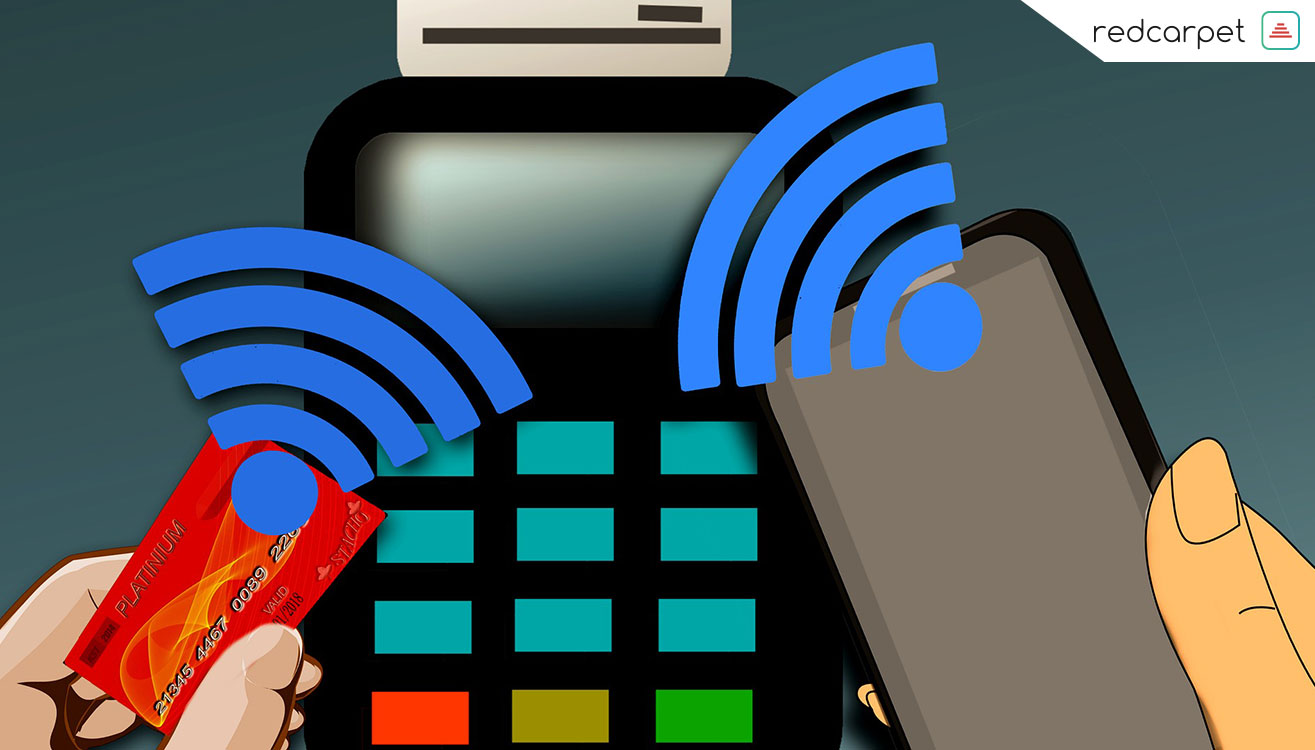Mobile Payments is a twist on identity rather than transactions
18th Apr 16

Catherine Tucker of Techcrunch wrote an article today on Why Retailers Must (But Won’t) Succeed In Introducing Mobile Payment Systems. Here she makes the (absolutely accurate) observation that “<em>In the digital age, it’s critical for retailers to collect and manage customer data…..Smartphone payment systems like Apple Pay are an important method of obtaining this data</em>”.
This is bang on. Actually, this is what the high guru of payments - Cherian Abraham - has been saying for quite some time. If we look at the evolution of wallets in the US, we see all the way from Google Wallet to ISIS Softcard to CurrentC and of course, Apple Pay. Google Wallet was an unfortunate experiment to sell NFC rather than the payment experience. Rather than considering NFC as just another radio, they sold NFC as the holy grail of payments - not unlike what a couple of other startups are trying to sell today: Clinkle is selling sound, others are selling QR code, etc. Interestingly, Google Wallet no longer **hinges ** on NFC - as was Apple Pay: the radio is merely a delivery experience. The key is still… identity.
ISIS Softcard is carrier backed - which means security and identity is established at the carrier level (AT&T, Verizon, etc.). This is a technological problem of security authentication (the SecureElement) - which Google effectively eliminated by merging SimplyTapp’s Host Card Emulation patches into Android. This means the need for ponying up the carrier costs is eliminated.
Apple Pay is interesting - because the play is not around transactions. Apple built Passbook before Pay - it built the ability to create a universal identity that could be used to access loyalty and rewards beforep even thinking about payments.
This is crucial - because payments transactions are a cost that retailers desperately want to eliminate. This is precisely why they built CurrentC - which is pretty much a consortium led mobile wallet that eliminates transaction fees. This is inevitable.
Apple changed the battleground completely - instead of competing on transaction cost, they compete on the ability to target/segment/engage/market customers. And this is is why the Passbook is more important than the Pay. Google Wallet today is “better than free” - it does not charge additional fees to the retailer, but also promises to share hyperlocal ad revenue.
Catherine is correct in identifying that retailers desperately want to target their customers better. Ecommerce has changed the game on targeted marketing. To build a payment system that retailers will accept and pay for, you need to build a marketing, loyalty and rewards engine that retailers and customers love.
Payments comes later.
This is what we at RedCarpet believe and build - and looking at our retailer + customer growth… I think we are doing something right ;)